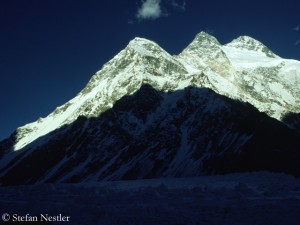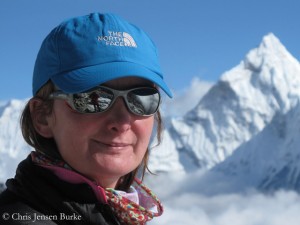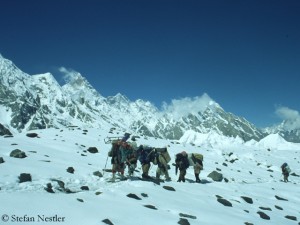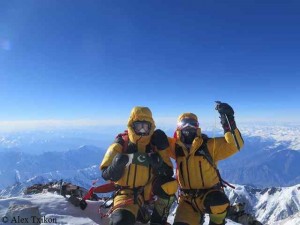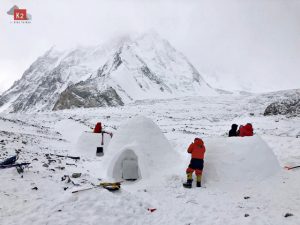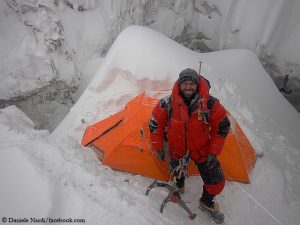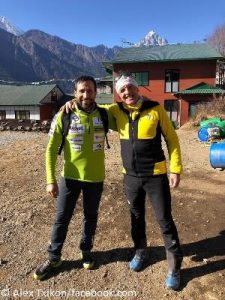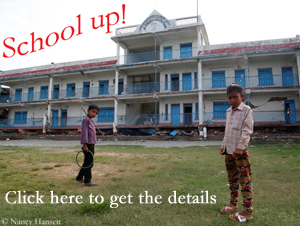Pakistan refuses climbers entry – arbitrariness or system?
You have a visa for Pakistan, a climbing permit for an eight-thousander, you have organized everything. You travel to Islamabad and at the airport you learn that you are a persona non grata and have to leave the country. That’s exactly what happened to the Australian-New Zealand climber Chris Jensen Burke (she has both citizenships) and the Nepalese Sherpa Lakpa Sherpa. “The reasons why are stranger than fiction and I won’t put the detail here,” Chris wrote in her blog. Obviously she fears to risk alienating the Pakistani authorities if she is quite clear.
Never again to Pakistan?
Lakpa Sherpa is looking at the black side too. “It seems I cannot go to Pakistan ever,” the 25-year-old told the Kathmandu based newspaper “The Himalayan Times”. “I spent several months preparing myself for the K2 expedition, but I now feel I have been betrayed for no reason.” Among others, Lakpa stood four times on top of Mount Everest, twice on the summit of K 2. This summer season, Lakpa wanted to become the first climber who scaled K 2 three times.
Chris Jensen Burke had planned to climb Nanga Parbat and was also registered for Broad Peak. The 47-year-old has scaled nine eight-thousanders so far, most recently Annapurna in early May.
Better reputation
According to still unconfirmed information that I received from Pakistan, the authorities have not only refused Chris and Lakpa the entry, but at least three other climbers. There is speculation in the climbers’ scene that the country’s government wants to give a sign against the common practice of western expedition operator to employ rather Sherpas from Nepal than Pakistani staff. In recent decades, the Sherpas have gained a better reputation than their Pakistani counterparts, not just as high altitude porters, but as mountain guides too. “The costs for Nepalese porters are a bit higher but the advantages prevail,” says, for example, a bidding for a 2017 K 2 expedition of Swiss operator Kobler & Partner. “So as long the Pakistani Government allows expedition teams to hire sherpas from Nepal, we will gladly make use of this opportunity.”
“Alpine Club doesn’t care about their people”
“In my opinion, the Pakistani Alpine Club is largely responsible for this situation,” said Muhammad Ali “Sadpara”: “They show no interest in their alpinists, neither in improving their skills and work conditions.” According to Ali, who last February belonged to the climbers who first climbed Nanga Parbat in winter, Sherpas now dominate 80 percent of the business, “and it will be 100 percent soon.” Actions such as those against Chris Jensen Burke and Lakpa Sherpa could be an indication that the government of Pakistan wants to take countermeasures.
Harassment because of cricket job?
Or is it simply pure arbitrariness? Last year, South African Mike Horn had complained that his team had been stuck in the town of Skardu for more than two weeks before they were allowed to travel to K 2. The team had been sent back at a military check point, despite valid visas and permits. Only when his friend, the former Pakistani cricket star Wasim Akram, stepped in, they finally could move on, said Horn. Mike’s suspicion: His team was delayed because he had coached an Indian cricket team before.



